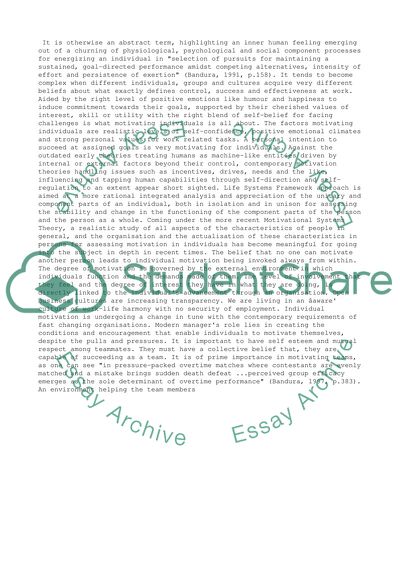Cite this document
(“Motivating Assignment Example | Topics and Well Written Essays - 1000 words”, n.d.)
Motivating Assignment Example | Topics and Well Written Essays - 1000 words. Retrieved from https://studentshare.org/management/1435154-motivating
Motivating Assignment Example | Topics and Well Written Essays - 1000 words. Retrieved from https://studentshare.org/management/1435154-motivating
(Motivating Assignment Example | Topics and Well Written Essays - 1000 Words)
Motivating Assignment Example | Topics and Well Written Essays - 1000 Words. https://studentshare.org/management/1435154-motivating.
Motivating Assignment Example | Topics and Well Written Essays - 1000 Words. https://studentshare.org/management/1435154-motivating.
“Motivating Assignment Example | Topics and Well Written Essays - 1000 Words”, n.d. https://studentshare.org/management/1435154-motivating.


